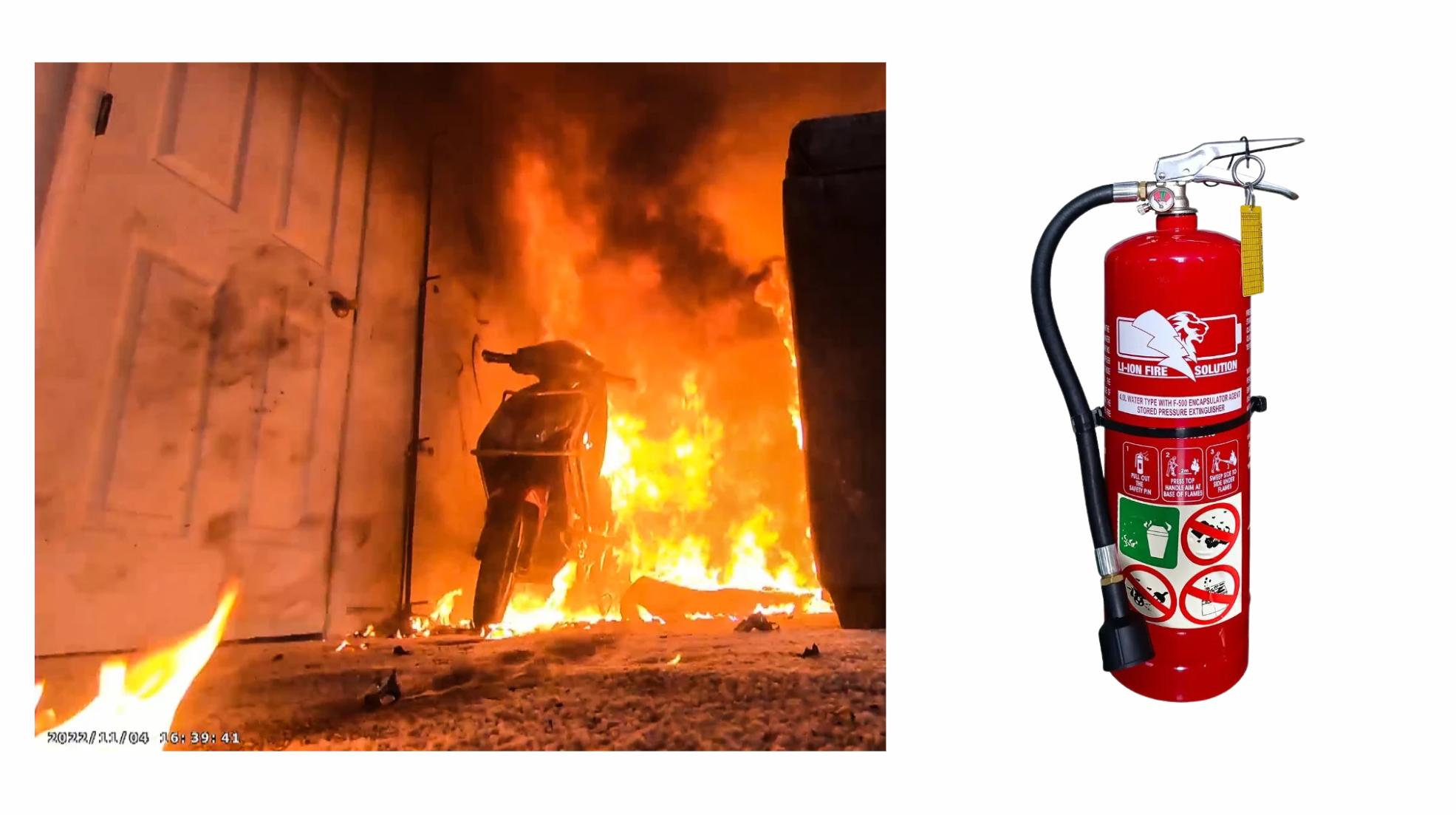Lithium-ion batteries, ubiquitous in modern technology, pose unique fire hazards due to their chemical composition and potential for thermal runaway. The best fire extinguishers for these fires are specifically designed to combat their unique risks, ensuring effective suppression without reignition.
What Are the Hazards Associated with Lithium-Ion Batteries?
Lithium-ion batteries can ignite due to overheating, manufacturing defects, or physical damage, leading to intense fires characterized by rapid energy release and toxic fumes.Chart: Common Causes of Lithium-Ion Battery Fires
| Cause | Description |
|---|---|
| Overheating | Excessive heat buildup leading to thermal runaway |
| Manufacturing Defects | Flaws in battery design or materials |
| Physical Damage | Impact or puncture causing internal short-circuits |
How Do Specialized Extinguishing Agents Work for Lithium-Ion Fires?
Specialized extinguishing agents like Aqueous Vermiculite Dispersion (AVD) are designed to cool and suppress lithium-ion fires effectively, preventing reignition.Chart: Effectiveness of Different Extinguishing Agents
Wholesale lithium golf cart batteries with 10-year life? Check here.
| Agent Type | Effectiveness Against Li-Ion Fires |
|---|---|
| Aqueous Vermiculite Dispersion | High – prevents reignition |
| ABC Dry Chemical | Moderate – may not prevent reignition |
| Water Mist | Low – can exacerbate the situation |
Why Is It Important to Use Proper Equipment and Techniques?
Using appropriate extinguishing equipment tailored for lithium-ion battery fires is crucial as traditional extinguishers may fail, leading to dangerous reignition.
What Regulatory Standards Exist for Lithium-Ion Battery Fire Extinguishers?
Standards such as NTA 8133 provide guidelines for testing fire extinguishers specifically designed for lithium-ion battery fires, ensuring safety and effectiveness.
Want OEM lithium forklift batteries at wholesale prices? Check here.
Where Can You Find Specialized Fire Extinguishers for Lithium-Ion Batteries?
Specialized fire extinguishers can be purchased from various suppliers, including online platforms like Amazon and specialized fire safety equipment retailers.
How Can You Prevent Lithium-Ion Battery Fires?
Preventative measures include proper storage, avoiding overcharging, and using quality chargers designed for specific battery types.
What Are the Signs of a Potential Lithium-Ion Battery Fire?
Signs include unusual heat, swelling of the battery casing, or leaking fluids, indicating potential failure and risk of fire.
Where Should You Store Lithium-Ion Batteries Safely?
Lithium-ion batteries should be stored in cool, dry places away from flammable materials and direct sunlight to minimize fire risks.
Expert Views
“With the increasing reliance on lithium-ion batteries in everyday devices, understanding their fire risks and employing specialized extinguishing agents is paramount,” says Carlos Vicens, CEO of Full Circle Lithium.
FAQ Section
- Why do lithium-ion batteries catch fire?
They can catch fire due to overheating, manufacturing defects, or physical damage that leads to short circuits. - What type of extinguisher is best for lithium-ion battery fires?
Specialized extinguishers like those using Aqueous Vermiculite Dispersion (AVD) are most effective. - How can I prevent lithium-ion battery fires?
Ensure proper storage conditions, avoid overcharging, and use high-quality chargers.
Best Lithium-ion Battery Fire Extinguisher






